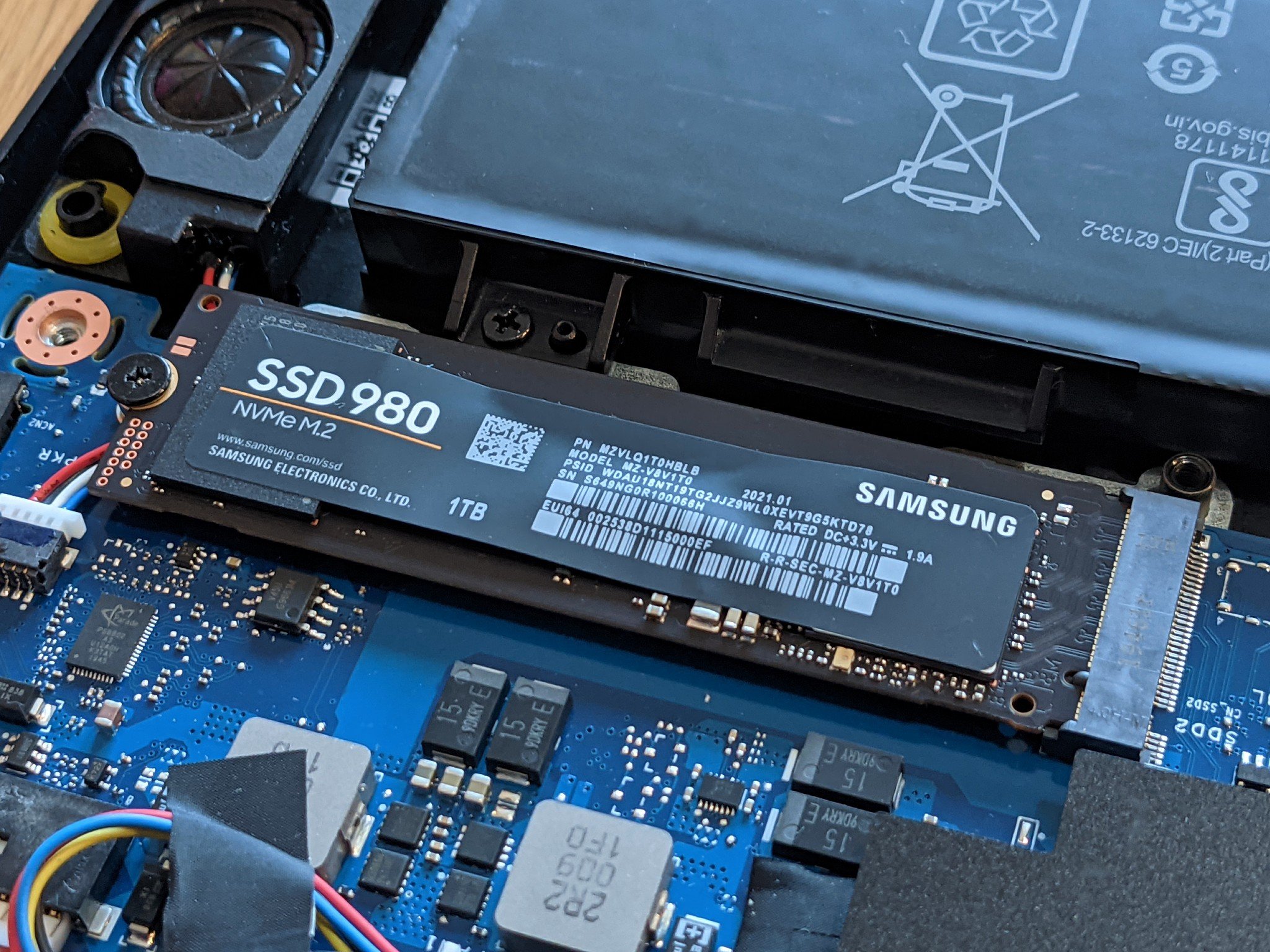HP, Apple, and other tech giants want to control who can repair devices — here's why
A trade group that lobbies for several tech giants strongly opposed a Nevada 'right to repair' bill this week.

All the latest news, reviews, and guides for Windows and Xbox diehards.
You are now subscribed
Your newsletter sign-up was successful
What you need to know
- A trade group that lobbies for HP, Apple, and others opposed a 'right to repair' law in Nevada.
- The trade group argues that repairs from "unvetted third parties" can create security risks.
- People who work at repair shops asked how fixing batteries or buttons creates a security risk.
HP and Apple are among the tech giants fighting against a "right to repair" bill in Nevada. TechNet, a trade group that lobbies for HP, Apple, Honeywell, and other manufacturers of devices, strongly opposed the right to repair legislation in a committee hearing in the Nevada Legislature on Monday. A report from the Associated Press runs through the highlights from the hearing (via iMore).
The hearing in the Nevada Legislature centers around if the government should require companies like HP and Apple to provide access to parts and schematics to independent shops. This would be in contrast to only sharing these with authorized dealers.
Right to repair bills are currently under consideration in 25 statehouses, as highlighted by the AP. They are based in part on an initiative that passed in Massachusetts last year.
The proposed bill in Nevada would apply to consumer electronic devices worth less than $5,000, which applies to almost all consumer phones, tablets, and computers.
Assemblywoman Selena Torres argues that the right to repair devices will help organizations maintain equipment:
Early in the pandemic, a nationwide laptop shortage left millions of students unprepared for virtual learning. As an educator I saw firsthand how families struggled to share one device with several school-aged children. The right to repair will give schools and other institutions the information they need to maintain equipment and empower the refurbished computer market, saving taxpayer dollars and improving digital access.
TechNet's regional executive director Cameron Demetre argues that "unvetted third parties" having access to people's devices creates "the potential for troubling unintended consequences, including serious adverse security, privacy and safety risks."
As a counter to Demetre's point, repair businesses have asked how fixing a battery or the buttons on a smartphone creates a security risk.
All the latest news, reviews, and guides for Windows and Xbox diehards.
"It's changed from being able to do anything you want to repair your computer or printer to 'You can't do anything now,' said Technology Center in Sparks' Curtis Jones. "Everything's changed to being disposable or impossible to repair."
Jones explains that not having access to parts and schematics could lead to people moving to replace devices rather than repairing them. Jones said, "We're going to have landfills so overloaded, we're going to have to start living on top of old printers or computers."

Sean Endicott is a news writer and apps editor for Windows Central with 11+ years of experience. A Nottingham Trent journalism graduate, Sean has covered the industry’s arc from the Lumia era to the launch of Windows 11 and generative AI. Having started at Thrifter, he uses his expertise in price tracking to help readers find genuine hardware value.
Beyond tech news, Sean is a UK sports media pioneer. In 2017, he became one of the first to stream via smartphone and is an expert in AP Capture systems. A tech-forward coach, he was named 2024 BAFA Youth Coach of the Year. He is focused on using technology—from AI to Clipchamp—to gain a practical edge.
